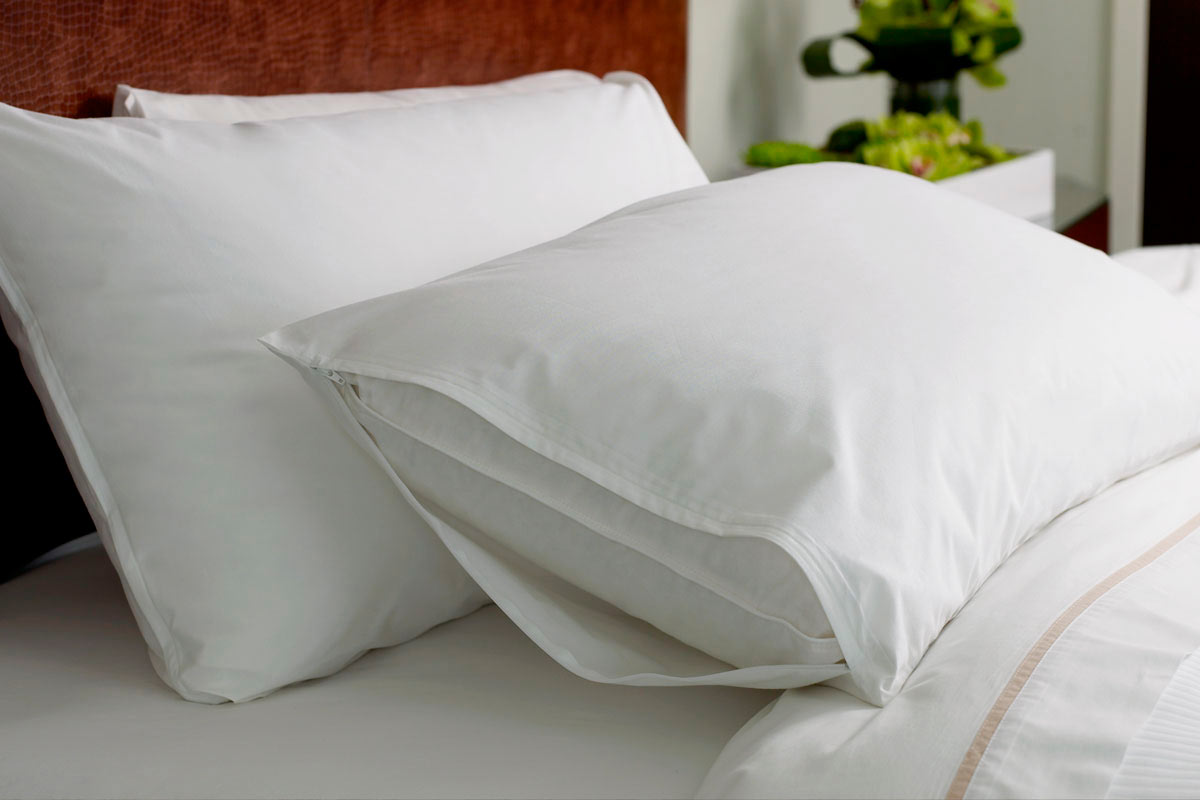Did you know lack of sleep increases your stress level? You feel sluggish and nonproductive which aggravates your psychic. It also increases your cortisol levels which elevates stress; additionally increased cortisol levels will add abdominal fat and potentiate the risk of Type II Diabetes. Recent studies show the average US adult sleeps 5-6 hours per night. Not only reduced hours of sleep but interrupted sleep plays havoc on your stress level. An average adult needs 7-8 hours of uninterrupted sleep to rejuvenate the body cells and metabolism. A school age child needs 10-12 hours of sleep to maintain productive brain cells for learning.
Ways to improve sleep habits:
- Energy and exercise increases the happy brain endorphins for restful sleep; don’t exercise within 2 hours of bedtime
- Make a routine – attempt a consistent bedtime each day and pre-sleep activities; your body becomes adjusted to the time and knows when to shut down
- Bedroom and sleeping space
o Comfortable bed and pillow – find out which is right for your sleeping style [stomach, side, or back sleeper]
o Optimal temperature for bedroom 65 degrees, if cooler wear long sleeves and socks
o Relaxing spells to ease the mind – use a diffuser with a light airy sense; it will promote deeper sleep
o Remove the electronics from the bed, bedside table and room – the glow and sounds from the tablet or smart phone prevents a deep sleep
o Remove the children and animals from your bed – everyone profits from their own space
- Lighten the dinner – avoid heavy foods, complex carbs, fried foods; eat at least 3-4 hours before bedtime to reduce acid reflux with lying flat
o Stop caffeine 6 hours and wine 3 hours before sleeping
- Lighting and mood – soothing lights, no harsh bright lights; turn off the ceiling light and use soft bedside lamps
- Sounds – ambient sounds can be helpful for some; nature sounds such as ocean waves, babbling brook, forest sounds
- Wear breathable comfortable nightwear; fresh sheets present a renewed experience to the mind
- Power down the mind – the tasks will wait until tomorrow; do not bring the computer, tablet or work to bed. Pleasure reading to soothe the mind.
- Bedtime teas for sleep – lavender, chamomile, rosemary, valerian
- Soothing warm bath or shower – wash away the day and refresh the skin
- Plan for the next day before bed – prep breakfast and morning activity, lay out clothes, prepare lunch
- If you wake up during the night and do not immediately go back to sleep, get out of bed and do a relaxing activity like reading to tire out.
I hope these advices are helpful and restful.
Sleep Well. Stay Well.
Yvette McQueen MD .. The Travel Doctor







